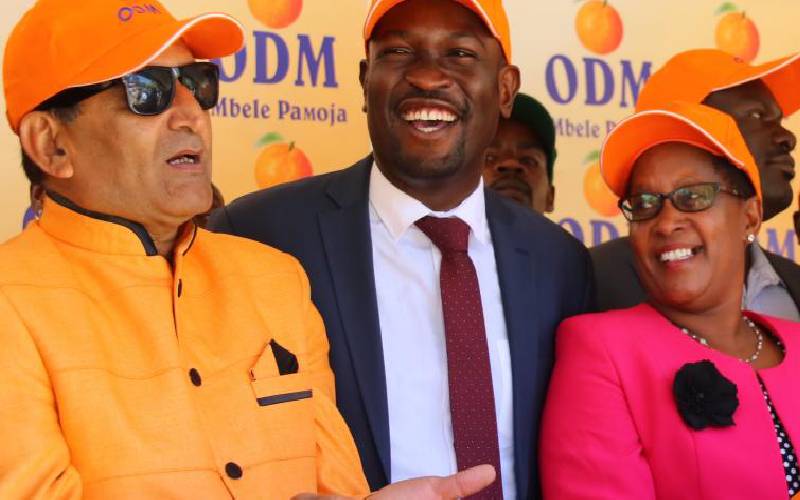×
The Standard e-Paper
Kenya’s Boldest Voice

ODM may abandon universal suffrage in conducting party primaries through Electoral College system, in what party think tanks see as putting new wine in new wine skin.
The new system of picking candidates for the party in elections by use of delegates instead of elections at polling stations may be a reality if ODM adopts a report by a task-force.